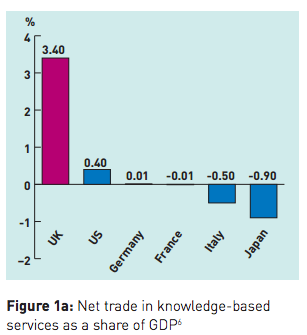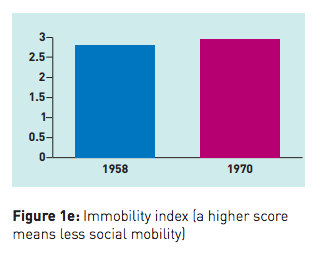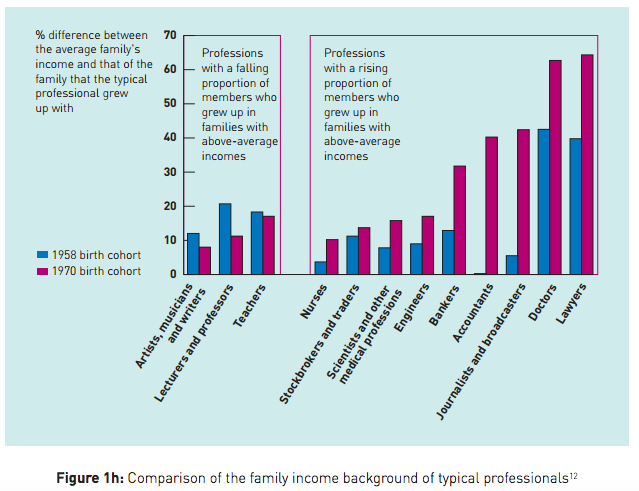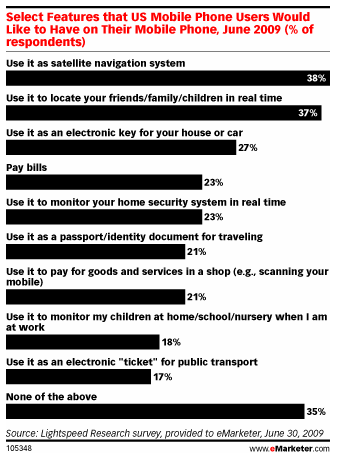Public knowledge about things you don't know
767 words | ~4 min
A month ago the Guardian reported on Shadow Education Secretary Michael Gove's plan to create an online library of past school examination papers going back 'to Victorian times'. The article included a quote from Michael Gove, saying:
It is vital that we restore public confidence in our exam system. Universities, businesses and academics say the system has been devalued.
This may be true (and in some cases it is demonstrably true), but publishing an archive of exam papers is more a way of stirring up fears of dumbing down than it is a way of restoring public confidence in the exam system.
In much the same way that it's always September somewhere on the internet, when it comes to stories about school standards it's always August. When this story broke, of course, it was actually August: that 'silly season' period of slow news when Parliament and the law courts are recess, everyone's on holiday and, sadly for students everywhere, GCSE and A Level results are released.
This unhappy coincidence means that every year we are treated to a rush of news stories put together around DCSF statistical releases, magazine pieces consisting mainly of pictures of teenagers opening envelopes, and op-eds about how it's all going to the dogs. Followed by more op-eds about how it's not all going to the dogs and we should be proud of the continued average grade improvements. Followed by more op-eds from the authors of the original op-eds about why this is short-sighted and it actually is all going to the dogs. (Followed, inevitably, by blog posts like this one. Sorry.)
The proposal for an archive of exam papers feels like a way of enshrining this silly season attitude to education, capturing it and making it available to us at any time of year.
Start leafing through Victorian (or otherwise old) exam papers and you will pretty soon start to feel stupid. Compare them to some GCSE papers from last year and you might notice that you know (or can have a stab at) more of the answers from the recent papers than from the old ones. You might then conclude that this is because modern-day exam papers are easier than those set in the late 19th century, and raise a concerned eyebrow at the state of the nation's young minds. And hey presto, your own silly season has begun.
This is because ease, like other things, is in the eye of the beholder, and unfamiliar things seem difficult because they are unfamiliar. As you might imagine, historical (beyond a few years) and contemporary curricula are in no sense alike for the majority of subjects, and many subjects now exist which did not in the past. The expectations and demands of schooling have changed enormously, in response to changes in theories of learning and the economic and social requirements of education, and syllabuses have changed with them. As a result, old exam papers contain things you should not necessarily be expected to know. They will also have been marked according to a standard that you might not understand.
This is not to say that there is no such thing as grade inflation, or to take a particular side in the silly season debate, but it should be noted that uncontextual historical comparison by biased viewers does not make a fair test. Only in a very few cases, notably some areas of mathematics, is it possible to make relevant comparison, and even then the findings shouldn't be extrapolated too widely. (Grade inflation in some maths subjects does not imply easier exams across the board.)
This proposal is a way of damaging confidence in the existing system by making it look too easy, not of restoring confidence. The cognitive bias that it induces is also a way of affirming a conservative (small 'c') set of subject distinctions within education. Once you have convinced yourself that exams are getting easier, you may also convince yourself that new subjects (media studies, business studies) are inherently less valuable than traditional ones (history, Latin). Of course, you might conclude this anyway, but if you do, make sure it's for a cogent or at least honest reason, rather than because of private ignorance acquired under the rubric of public knowledge.
# Alex Steer (02/09/2009)



